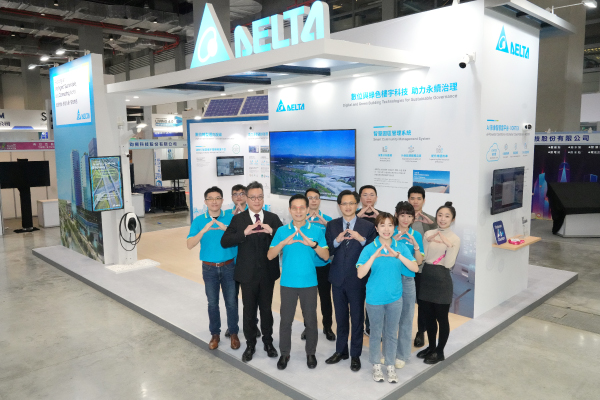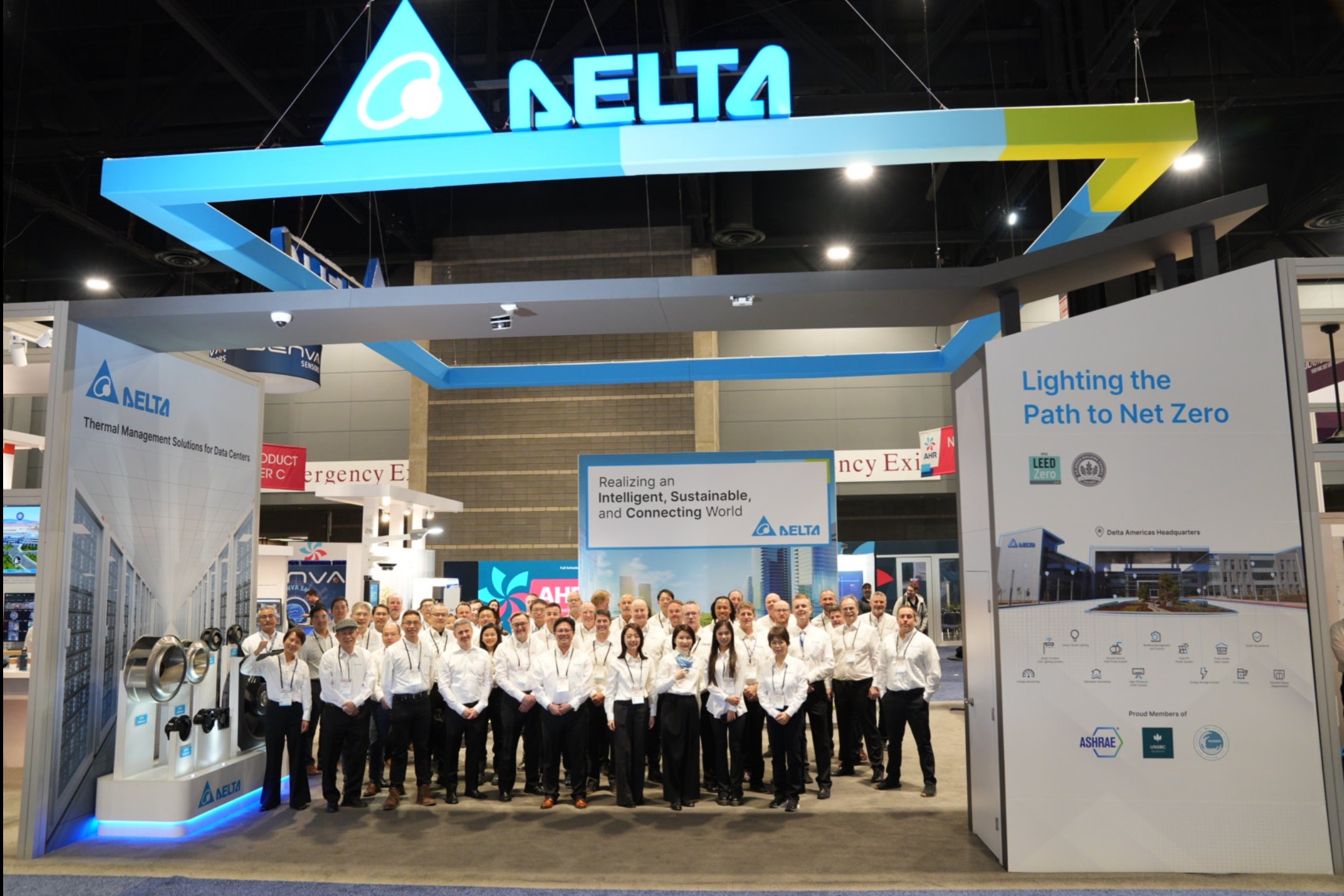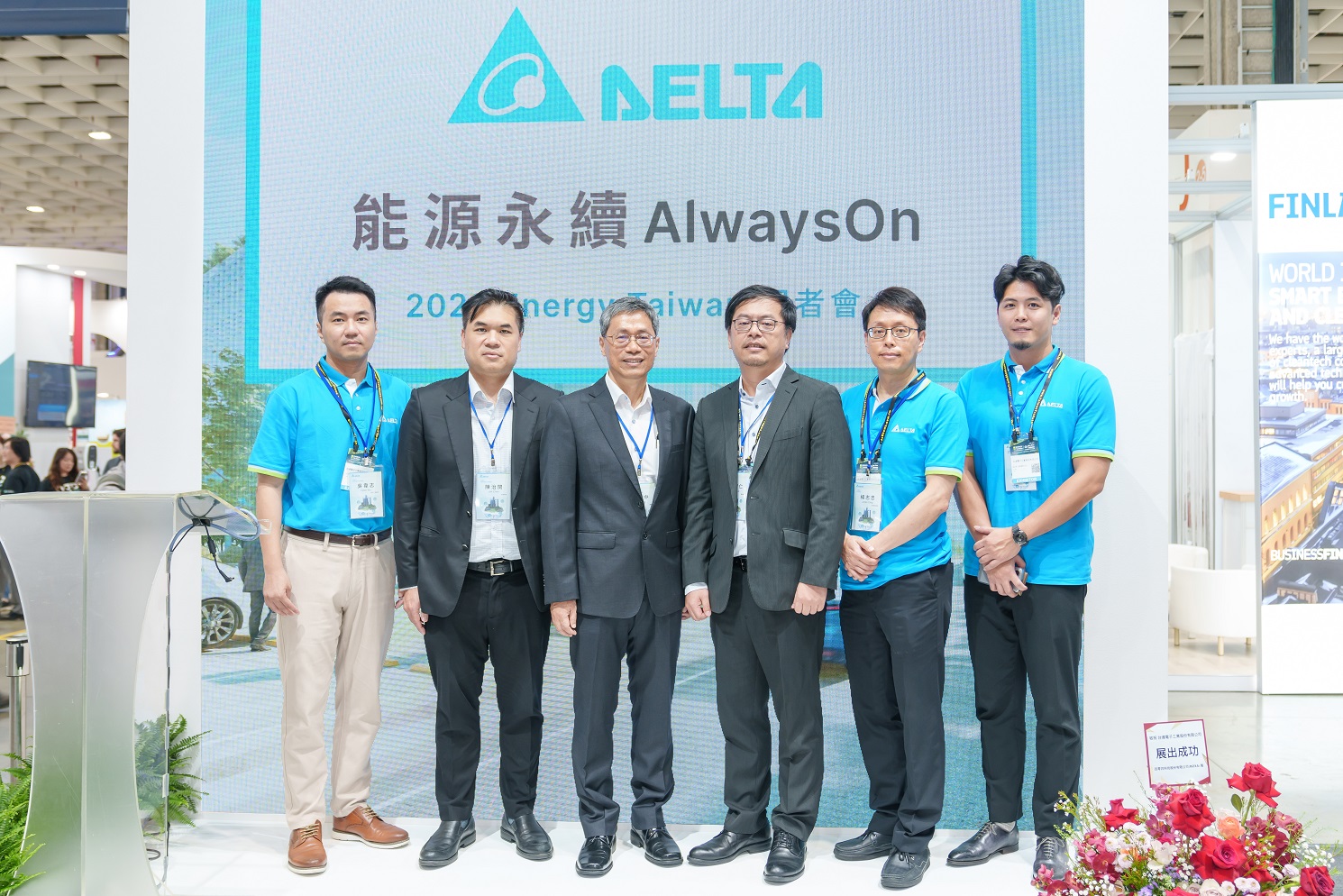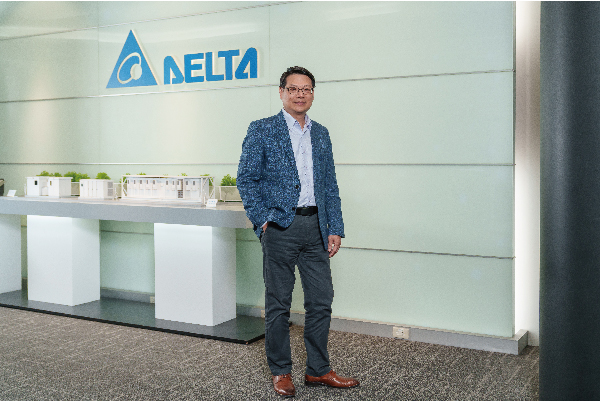Corporations are stepping up the efforts in smart manufacturing transformation to cope with the advent of the age of AI. An "AI Experimental Platform" which was built in collaboration with Hubei University of Technology in China was born out of this new digital trend. Instead of adopting the conventional industry-academic cooperation model, Delta aims to cultivate new generation of AI talents that meet industry needs.
Consisting of more than 20,000 teaching staff and students, and focusing on engineering education, Hubei University of Technology in Wuhan is one of the key universities to carry out the "Excellent Engineer Education and Training Program". The "AI Experimental Platform" project established the production line on campus, aiming to promote the core concept of "intelligence". The platform not only enable both teachers and students to plan related courses according to actual needs of teaching and learning, but also can repeat practices at any time. Both students' needs for experimental learning and teacher’s needs for R&D scenarios can be met; the contents taught by the teachers can be internalized more directly and immediately in the form of students’ practical skills that connect seamlessly with the needs of enterprises. This new industry-academic cooperation project, scheduled to be officially launched in the new semester of 2021, is expected to cultivate more industry’s talents and inject new blood to the industry.
The solutions deployed by "AI Experimental Platform" include:Transformable intelligent machines (TIM): To meet the needs of "small in volume but diverse in variety", the standardized cabinets of the transformable intelligent machines developed by Delta Research Institute is cable of connecting in series with various robotic arms and functional application modules. Depending on the need, machine functions can be disassembled and assembled whenever necessary.
Automatic defect classification: By collecting image data of AOI machines and utilizing visual computing and image analysis to perform deep learning and construct models, the automatic defect classification software introduced by Delta Research Institute can improve identification of nonconforming product and correct classification rate.
Predictive maintenance: By integrating monitoring data from the equipment, system and sensors, and utilizing AI algorithms to establish parametric models, the predictive maintenance solution can realize status monitoring and anomaly detection; its primary task is to monitor equipment status and detect anomalies. Some of its modules are open to teachers and students to conduct secondary development and experiments.
PC-based control system: Software programs in the PC-based control system can be controlled by dragging & dropping charts, which enables faster execution of machine and equipment software based on any production changes. It also allows users to control "transformable intelligent machine" and edit production processes.
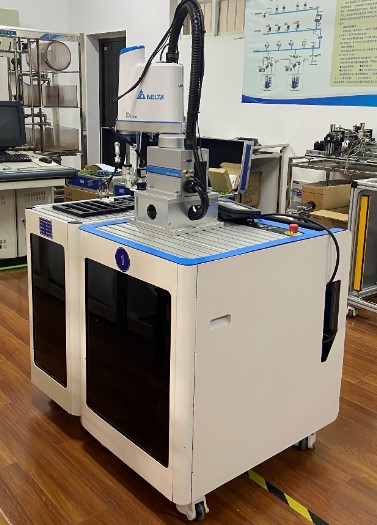
Composed of intelligent hardware - transformable intelligent machine (TIM), and intelligent software - automatic defect classification, predictive maintenance, PC-based control system etc., Delta’s "AI Experimental Platform" reproduces actual industrial application scenarios in universities.















